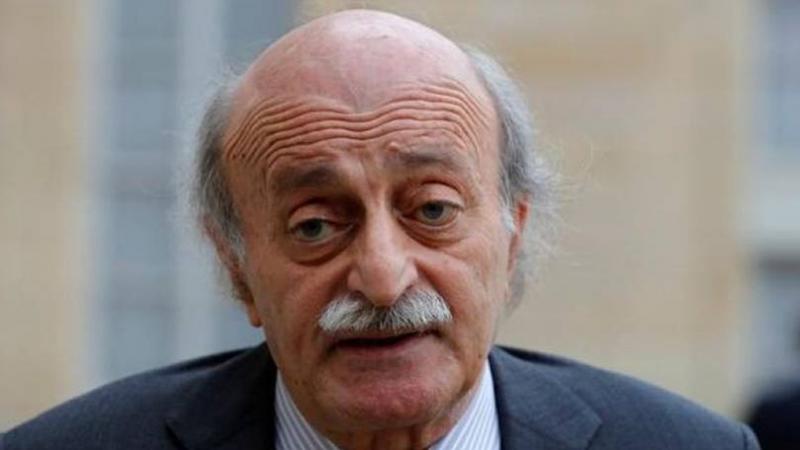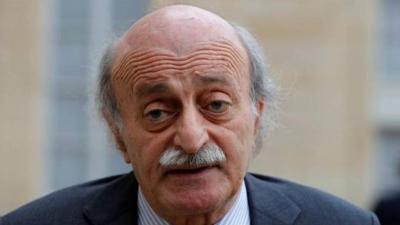The electoral noise has ceased, leaving the Lebanese to awaken to a new reality, some aspects of which became apparent during the session for electing the Speaker of the House and his deputy, along with the bureau. The tweet from Progressive Socialist Party leader Walid Jumblatt served as a warning bell for the new majority to "form a joint program that transcends secondary contradictions in order to confront the Syrian-Iranian March 8 Alliance, which will seek revenge for its electoral defeat by all means and will show no mercy."
Consequently, attention is directed towards the next, most crucial obligation, represented by the call for parliamentary consultations from President Michel Aoun to assign a new prime minister to form a government. Here, the primary task begins, on which the Lebanese are counting to pull them out of their crisis and initiate real reform.
Political sources monitoring the situation wished, in a call with "Anbaa" electronic, that the reformist forces and all independent MPs, who managed to defeat the March 8 team and secure a parliamentary majority, "fully coordinate with the sovereign team that sees Lebanon first, not Iran and Syria, to bring about the change they demand, and that the process of forming the government serves as a practical response to what occurred during the council session."
The sources directed a message to the reformist MPs: "You have become the voice of public opinion, and you are no longer owned by a particular faction or group. Your positions are counted against you for better or worse," urging them to "craft their political discourse to achieve the goals for which they struggled and for which the people voted for them, before they become prisoners of the maneuvers of the duo and the Don Quixotes of Gebran Bassil and his followers."
The sources confirmed the necessity for President Michel Aoun to set a date for the binding parliamentary consultations to name the prime minister and form the government starting next Wednesday, stating, "The country is on the edge of chaos, and the caretaker government can no longer make the necessary decisions to save the ship from sinking, as the dollar is out of control, and this chaos reflects rising prices on everything."
In contrast, MP Mark Douaihy said in an interview with "Anbaa" electronic that "the reform forces will not share the government with the ruling team, which gives them a moral alibi." He affirmed participation in parliamentary consultations and naming the designated prime minister, but added that they would not participate in the government because they do not want to combine parliamentary and ministerial roles.
Douaihy noted, "It seems that some are heading to nominate President Najib Mikati, and Bassil will have another candidate. We are seeking a government that can pull Lebanon out of this crisis, not a government of shares and gains at the expense of the people," speaking of "much work and effort, adding, 'We have a responsibility to make decisions in favor of the people, for they will not forgive us if we fail to achieve that.'"
For his part, member of the Strong Republic bloc MP Nazih Metri emphasized that "as Lebanese Forces, they believe in building a centralized state through the separation of powers," calling for a government formed by the majority, with the opposition taking on the roles of monitoring and accountability.
Metri indicated via Anbaa electronic that "minority groups can form a majority; if they agree on a single goal, they can form a government, while the opposing team objects," urging "the sovereign team to unite in parliamentary consultations and agree on naming the designated prime minister," stressing the "rejection of the notion of 'Everyone means everyone' and replacing it with the term 'All of us means all of us' to ensure we are all entrusted with Lebanon's sovereignty."
Meanwhile, head of the National Liberals Party MP Camille Chamoun stated in a call with "Anbaa" electronic that he is "in favor of a government representing the majority to prevent it from being paralyzed and for the opposition to hold it accountable," considering that "the concept of national coalition governments has proven to be a failure and achieved nothing, so the majority must govern as in all democratic systems." However, he noted that "the phase requires a technocratic government that includes specialized ministers to save our crumbling economy."
Will the President procrastinate in calling for parliamentary consultations as occurred in the past? Will the path be clear for the new designated prime minister? These are questions awaiting the concerned parties next week.




